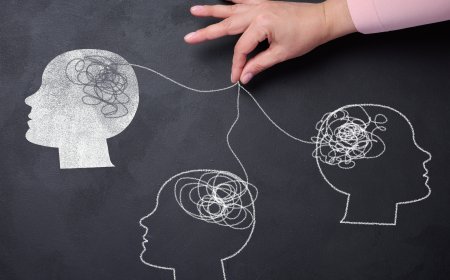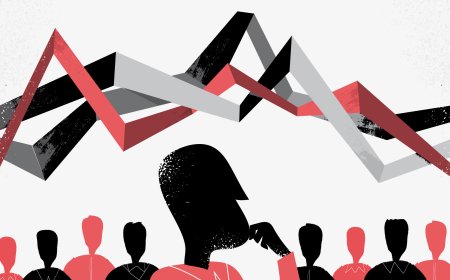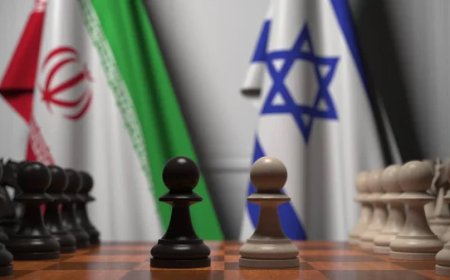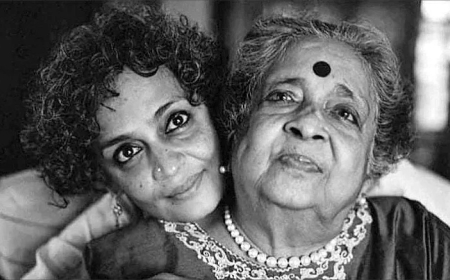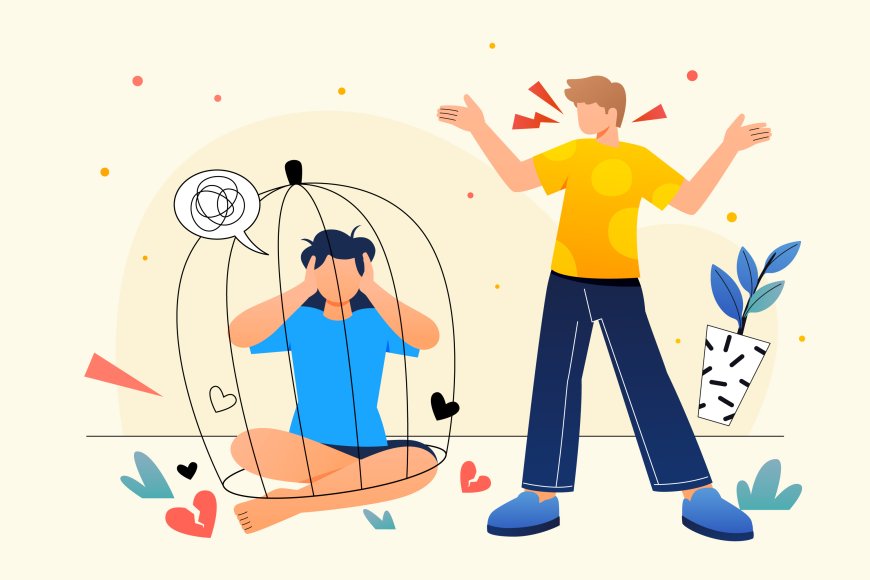The Withering Roots of Dignity
Humiliation is the tool of the weak pretending to be strong. True strength lies in restoring dignity -- not just to the self, but to others. Only then can the roots of our society regenerate.
Every society, like a tree, is only as healthy as its roots. But these roots are not made of soil and fibre; they are invisible, buried beneath the surface of institutions, traditions, and rituals. These roots are fed by a people’s shared sense of dignity -- their unwavering recognition of each other’s intrinsic worth. When that recognition withers, when dignity is replaced with humiliation and counter-humiliation, a rot begins. And no amount of surface grandeur can hide the decay beneath.
Rabindranath Tagore, who warned more than a century ago of the moral perils of mutual insult, captured this cycle perfectly in Gitanjali: “Those whom you have insulted / You will be equal to them in insult!”
We live in a world where this prophecy has become a daily performance. Humiliation -- be it in politics, public discourse, or power play -- has become the most common currency in the marketplace of egos. A new day, a new victor, a new cycle of vengeance.
Tagore’s verse haunts us not merely because it is poetic, but because it is prophetic. In his lines, there lies the warning of history’s greatest pattern: humiliation breeds humiliation; insult returns in kind, like a mirror reflecting the rot of power. The masks may change -- today’s victim is tomorrow’s tyrant -- but the drama remains unaltered. The powerful humiliate, the humiliated rise to power and humiliate in turn. And so, the roots of society, once nurtured by dignity, now feed on resentment.
This moral erosion is not unique to our time. Centuries ago, Confucius cautioned against the seductive pleasures of humiliating others: “To seek happiness by destroying the honor of others is self-destruction.” Yet, in the dark corners of contemporary society, that destruction is celebrated. Entire classes of people, often rising from humiliation themselves, grow intoxicated with the opportunity to turn the tables. Power becomes not a means to reform but a weapon of revenge. And in this reversal, they forget the pain they once endured.
Consider the allegory of fairy tale kings -- former prisoners of war who, upon ascending the throne, build new prisons to torment others. They who once wept behind bars now take pleasure in the clang of the cell door. The lesson of their suffering is lost in the intoxication of their authority. Thus, power, instead of healing, corrupts. And what could have been a tree of wisdom turns into a poisonous vine of vengeance.
The ancient Indian epic, The Mahabharata, offers a chilling episode of this very theme.
After Duryodhana’s disgraceful public humiliation of his own relatives and triumph over the Pandavas, his blind father Dhritarashtra asks him: “Are you happy now?”
To which Duryodhana, steeped in arrogance, replies: “I do not want happiness, my king! I want victory. I am victorious today!”
In this chilling declaration lies a tragic insight: when victory is confused with humiliation, happiness becomes irrelevant. The thirst for dominance eclipses all human feeling.
History, ancient and modern, is replete with such figures -- individuals and regimes whose primary goal is not justice, but victory; not peace, but submission. And this obsession has only been amplified in the 21st century, especially in many Third World nations where politics has become a theatre of humiliation -- not negotiation.
Democracy, in its truest sense, is a moral arrangement. It is predicated not just on votes, but on mutual respect. And yet, much of the democratic world today -- particularly in post-colonial nations —--suffers from an epidemic of disrespect. Opponents are not adversaries but enemies. Political discourse does not seek to persuade, but to shame. Institutions do not exist to protect the weak, but to kneel before the strong.
Is it any wonder, then, that our social fabric is fraying?
The Prophet Muhammad (peace be upon him), in a timeless Hadith recorded in Sahih Bukhari, reminded us of the centrality of conscience: “Truly in the body there is a piece of flesh which, if it is sound, the whole body is sound; and if it is corrupt, the whole body is corrupt. Verily, it is the heart.”
This is not merely a call to individual piety. It is a call to societal conscience. If the collective heart -- the moral center of a society -- becomes corrupted by vengeance and vanity, then no law, no policy, no institution can save it.
The literal meaning of the Arabic word qalb (heart) is also "to turn" -- to shift, to reflect, to change direction. This is the nature of conscience: it must constantly turn toward truth, toward goodness, toward the other. But when conscience is imprisoned in narrowness, in tribalism, in identity politics and political egotism, it withers. And without it, society becomes a husk -- loud, powerful, but hollow.
Spiritual growth, political progress, and human development -- all begin in the soil of dignity. From that soil, the tree of civilization grows. But strip that soil of respect, and the tree turns feral. It becomes a banyan of betrayal, an oak of oppression.
Good governance, justice, human rights, and the rule of law are not abstract goals. They are manifestations of an inner moral commitment. And yet, in much of the Global South, including Bangladesh, these ideals are receding. We are not merely failing at administration; we are failing at humanity. We are building skyscrapers and data centers, but cannot build trust between neighbors. We export garments but import hatred. We have votes but no voices. Laws but no justice.
Tagore foresaw this. In that same poem, he warned that the chain of humiliation would bind both the victim and the perpetrator: “Whoever you throw down will be bound by the one who has put you down.”
This is not just poetic fatalism. It is sociological reality. No nation thrives on humiliation. It might grow in size or economy, but its soul contracts. And the day will come when that contraction collapses the whole edifice.
Michael Madhusudan Dutt, with a clarity rare for his era, once declared: “Stand by the wayside, the time is short.”
It was a line not of resignation, but of resolve. The time is indeed short. Our time, perhaps shorter than ever. But resolve we must. The currents of cruelty that sweep across our societies today are not eternal. They are made by men. And they can be unmade by conscience.
Hope, in such times, is not a luxury. It is a moral necessity. As Václav Havel once said: “Hope is not the conviction that something will turn out well, but the certainty that something makes sense, regardless of how it turns out.”
The fight for dignity, for a society rooted in respect and conscience, may not bear fruit in a decade, or even a generation. But it will, eventually. Because the human spirit -- however battered -- is not built for perpetual hatred.
Let us remember that humiliation is the tool of the weak pretending to be strong. True strength lies in restoring dignity -- not just to the self, but to others. Only then can the roots of our society regenerate. Only then can the tree of our shared future bear fruit again.
Until then, we must resist. We must reflect. And above all, we must refuse to believe that the rot in our roots is irreversible. Because history -- even in its most cynical cycles -- has room for redemption.
H. M. Nazmul Alam is an Academic, Journalist, and Political Analyst based in Dhaka, Bangladesh. He can be reached at [email protected].
What's Your Reaction?









